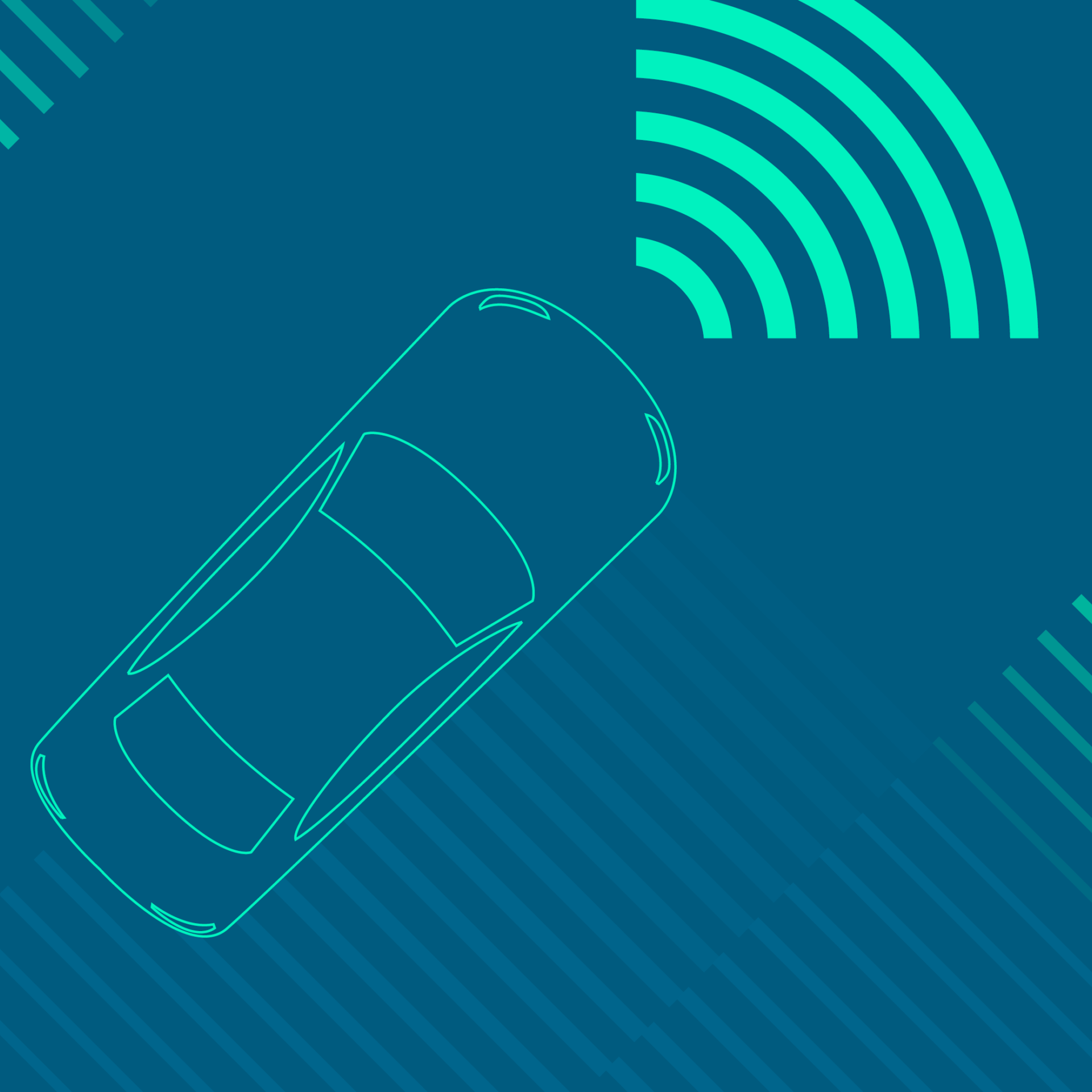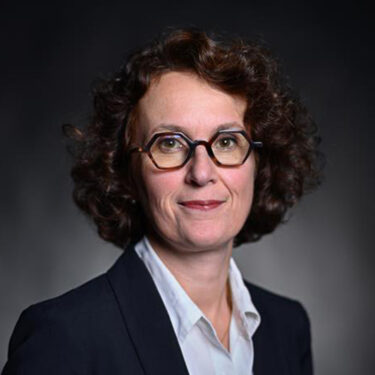Read next
Interview with Delphine Kervarec-Vicq
“Standards are key to understand each other in an extended eco system”
Delphine Kervarec-Vicq, Product Safety Director at Valeo, is a new member of the program committee for Safetronic, the international conference on holistic safety for road vehicles. In an interview with Safe Intelligence online magazine, she talks about her motivation for joining the committee and explains the importance of safety for automated driving.

© Fraunhofer IKS
H. T. Hengl:
Ms. Kervarec-Vicq, what sparked your interest in joining the Safetronic program committee? Are there any topics or areas of activity in which you would like to be particularly involved?
Delphine Kervarec-Vicq:
Safetronic is a very well known conference with key people involved in automotive "safety". I already had the chance to participate as a speaker and I was always enthusiastic about the quality of the presentations. I was proud to join the safetronic program committee and be at the heart of the conference. I am particularly involved in Valeo in the factor of success to have safe products on the street.
H. T. Hengl:
Safety seems to be something we take for granted. How can we convey to people the effort involved in ensuring safety for automated and autonomous driving?
Delphine Kervarec-Vicq:
Safety is never granted. It is a team work and evil is in the details. For autonomous driving, a huge amount of energy is spent on safety. Just don’t forget to tackle all the other subjects. Communication and training are key to explain and explain again. Within Valeo we set a product safety management system where promotion is one of the key pillar.

© Valeo
Delphine Kervarec-Vicq is an international expert for ISO/TC 22/SC 32/WG 8 ISO26262 and ISO/TC 22/SC 32/WG 14 - ISO/DPAS 8800. She has also worked in the automotive industry and worked as a Vehicle Safety Expert Leader at the Renault Group.
Since March 2023, she is Product Safety Director at Valeo Group. Her mission is to set up and implement product safety management system, promote the safety culture across the organization, perform assessments and animate safety network inside and outside the company.
H. T. Hengl:
To what extent must national characteristics such as the legal framework for car traffic and the visual design of the traffic environment be incorporated into safety concepts?
Delphine Kervarec-Vicq:
The Legal framework cannot be negotiated as it is mandatory and some differ significantly between countries and shape how drivers interact with vehicles and infrastructure. That said, if you're addressing a global harmonization context (e.g., UNECE regulations), some baseline standards may be universal, but adaptation to national specifics remains critical for implementation and operational safety.
H. T. Hengl:
What role do standards and norms play in this context and in safety in general?
Delphine Kervarec-Vicq:
Standards are key to understand each other in an extended eco system. Just take the example of ISO 26262: it allows us to understand what we have to do without going into the details of each company processes. In general, standards bring a big added value on the state of the art which is part of product safety. Within Valeo we are participating actively in the regulation bodies all around the world.
H. T. Hengl:
Back to OEMs and suppliers: What contribution can a “safety culture” make within a company?
Delphine Kervarec-Vicq:
Safety culture is key and fear is the enemy of safety. When we face issues, we think we react in a reasonable manner thanks to our processes. This is only partially true. Deep beliefs are playing a big role in the way we will react. So let’s have a safety culture where we do not fear!
Safetronic 2025: Secure your early bird price now
Join the international conference on holistic safety for road vehicles on November 12-13 in Stuttgart | Leinfelden-Echterdingen.
Book your ticket now. The program agenda can be found here.
To register, please note our early bird price until Oct. 10:
H. T. Hengl:
Is a safety network within and outside an automotive manufacturer and a supplier important in this context?
Delphine Kervarec-Vicq:
For sure. We need to work in an open manner. The question of responsibilities is always a question that people raise to me. At the end of the story we are always responsible for what we are doing. We need to interact to have the end user safety granted. For Valeo it is key to understand OEM and suppliers.
H. T. Hengl:
Finally, is there a difference in safety awareness in the US, Europe, and Asia, especially with regard to autonomous driving?
Delphine Kervarec-Vicq:
Risk thinking is part of culture. And for sure we do not have the same all around the world. International standards help to bridge the gap but regulations and the way to fullfill them are still regional.


